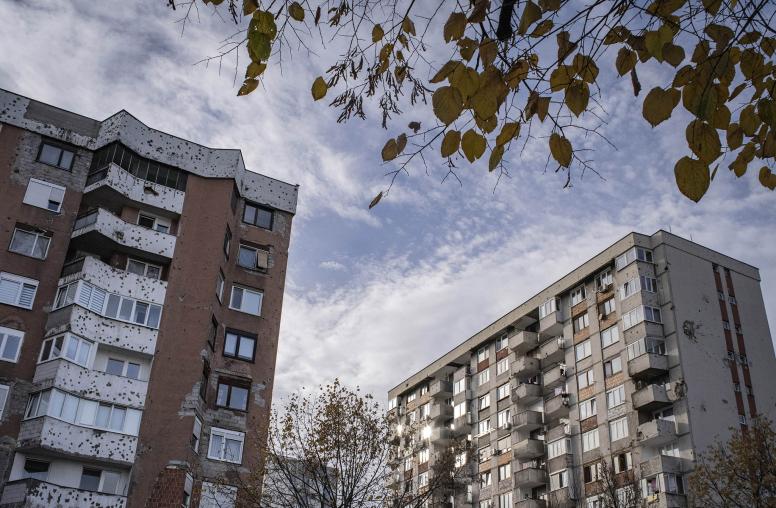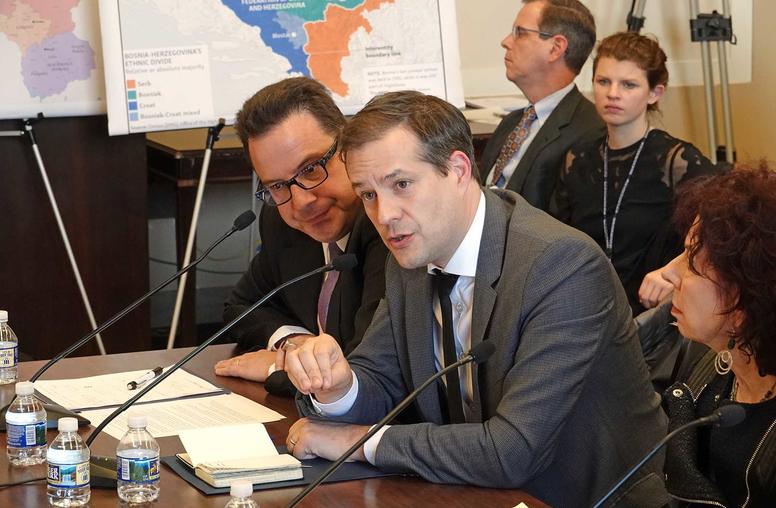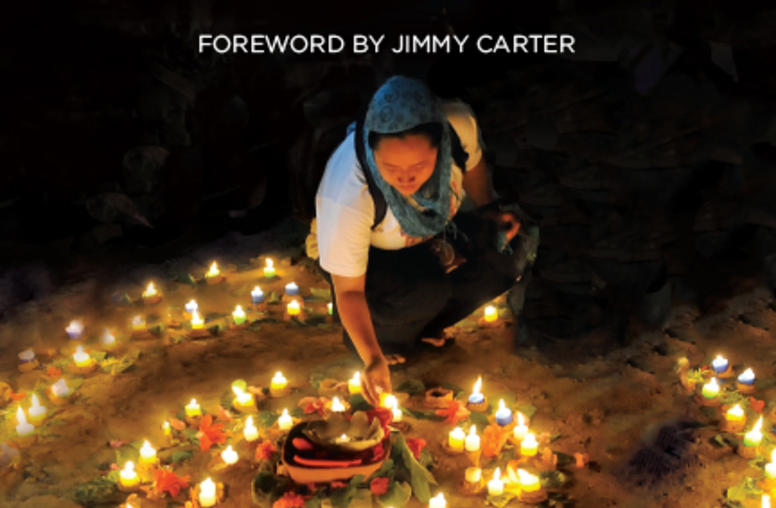The Current Status of Religious Coexistence and Education in Bosnia and Herzegovina
As Bosnia and Herzegovina’s longtime tradition of religious coexistence is disappearing, USIP examines how education for new generations can improve multiethnic understanding in the postwar country.

Summary
Despite 15 years of sporadic efforts, religion today in Bosnia and Herzegovina is more of a hindrance than a help to promoting peaceful coexistence among the region's various ethnic and religious groups. Polarization and extremism make religions other than one's own even more distant, strange and threatening. Physical interaction that existed before the last war is now almost completely lost because of political division. Teaching culture of religions, history of religions and a comprehensive approach to different religions have not yet started to be implemented throughout the school system. In "The Current Status of Religious Coexistence and Education in Bosnia and Herzegovina," author Renata Stuebner concludes that teaching religion and culture of religions in a way that is in accordance with democratic principles is the only hope for new generations to learn about themselves and others, and improve mutual understanding for a sustainable peace in the region.
About the Author
This USIPeace Briefing was written by Renata Stuebner, a senior program assistant with the Religion and Peacemaking Center of Innovation at the United States Institute of Peace. The views expressed here are not necessarily those of USIP, which does not advocate specific policies.



